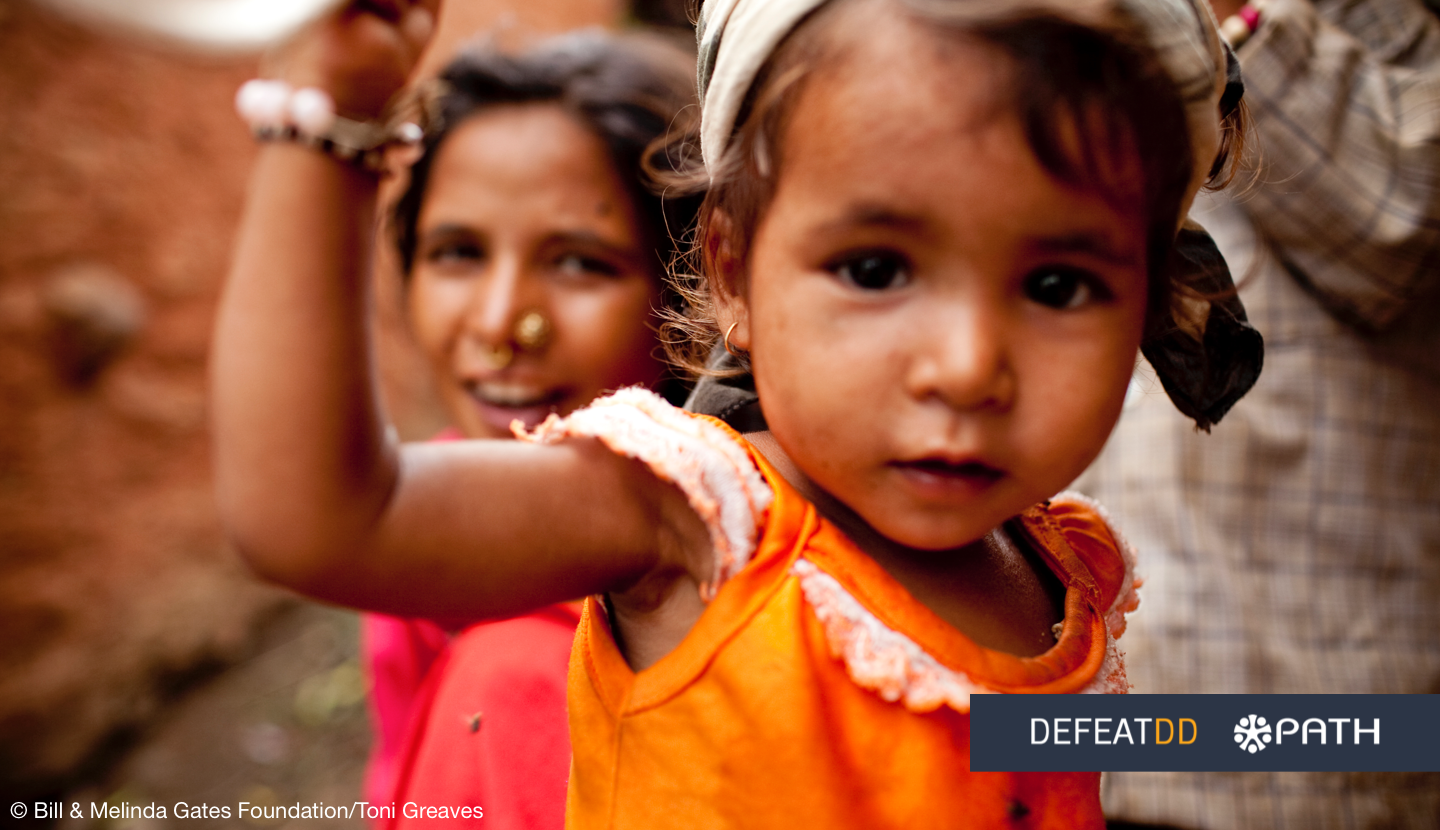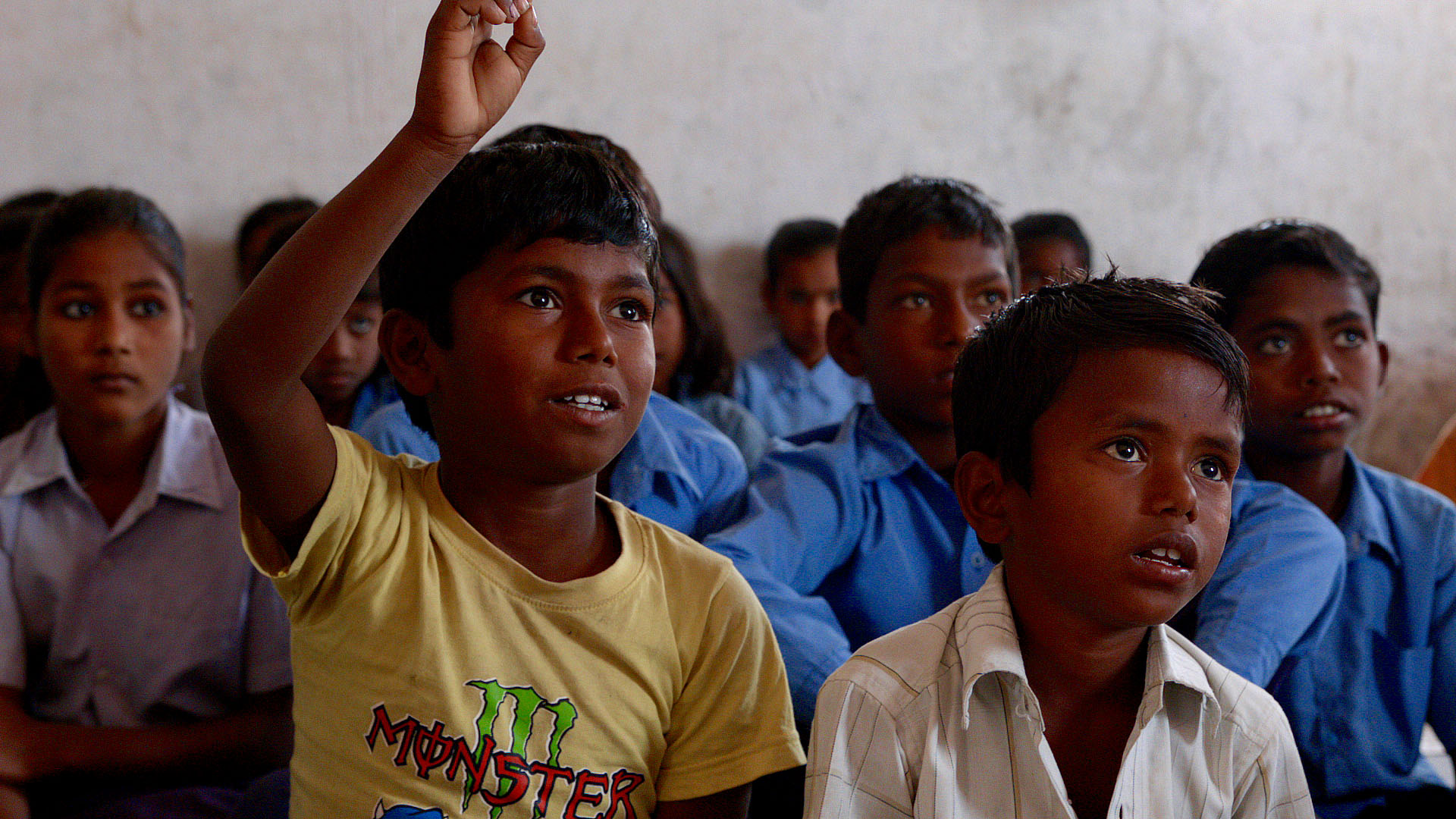More than meets the eye
|

Do you know who enjoys a good conversation about poop? Preschoolers. As they learn to use the toilet, flush, and wash their hands, talking about poop seems to become a topic for any time of day. It may just be my preschooler, but he’s obsessed. He likes to talk about his poops and he asks to see his brother’s dirty diapers. Odd, I know.
Just recently, after a successful number two and upon visual inspection of his work, my son exclaimed, “Look, a raisin! There is a raisin in my poop!” He wasn’t wrong. And he thought it was hilarious. We had a good laugh, flushed, washed hands, and went about our day.
It wasn’t until later as I thought about this little exchange that I realized the importance of our bathroom chat. Seeing the raisin made him laugh. But what he couldn’t see – the bacteria, the viruses, the germs – wouldn’t make him laugh. In fact, it had the potential to make him or others quite sick.
Fecal matter is more than what meets the eye. Normally feces are made up of about 75 percent water and 25 percent solid matter, and of that solid waste, about 30 percent is dead bacteria. I realize that is more detail than you ever wanted, but think about that for a minute. Think of the potential infections, illnesses, and germs that lurk in your average bowel movement. Now think about it for a family that doesn’t have access to a toilet, running water, or hand soap. Over the course of days, weeks, and months, the bacteria and viruses to which people are exposed really adds up. And we can’t see it. No one can identify rotavirus, Shigella, or salmonella on their hands, food, or water. But those little microbes exist in fecal matter and when a child comes into contact with contaminated food or water, he/she can become quite sick. Such illnesses take their toll on children, their families, and communities.
My son doesn’t have to worry about those nasty little bugs potentially lurking in our poo. He’s lucky enough to have access to flushable toilets, clean running water, and ample hand soap. He’s also vaccinated, the utmost in protection against nasty little bugs that transmit through the fecal-oral route. Clean water, sanitation, and vaccines are not luxuries; they are essential prevention tools that save lives.
Not every child will appreciate the joy of finding a raisin in his poop. But every child deserves to find his/her own joy, and live a happy, healthy childhood, free from preventable illnesses that we know how to stop. Alongside water, sanitation, and handwashing interventions, vaccines are an unparalleled prevention tool that we must afford all children.
We’ve come a long way in preventing children from dying due to diarrheal diseases, but our work is not finished. Now, more than ever, we need to focus on limiting the long term consequences of repeated bouts of diarrhea and preventing the deaths that still occur. We owe it to our littlest poopers to ensure they are protected against deadly infections and that every child is able to grow up and discover life’s little laughs along the way.















